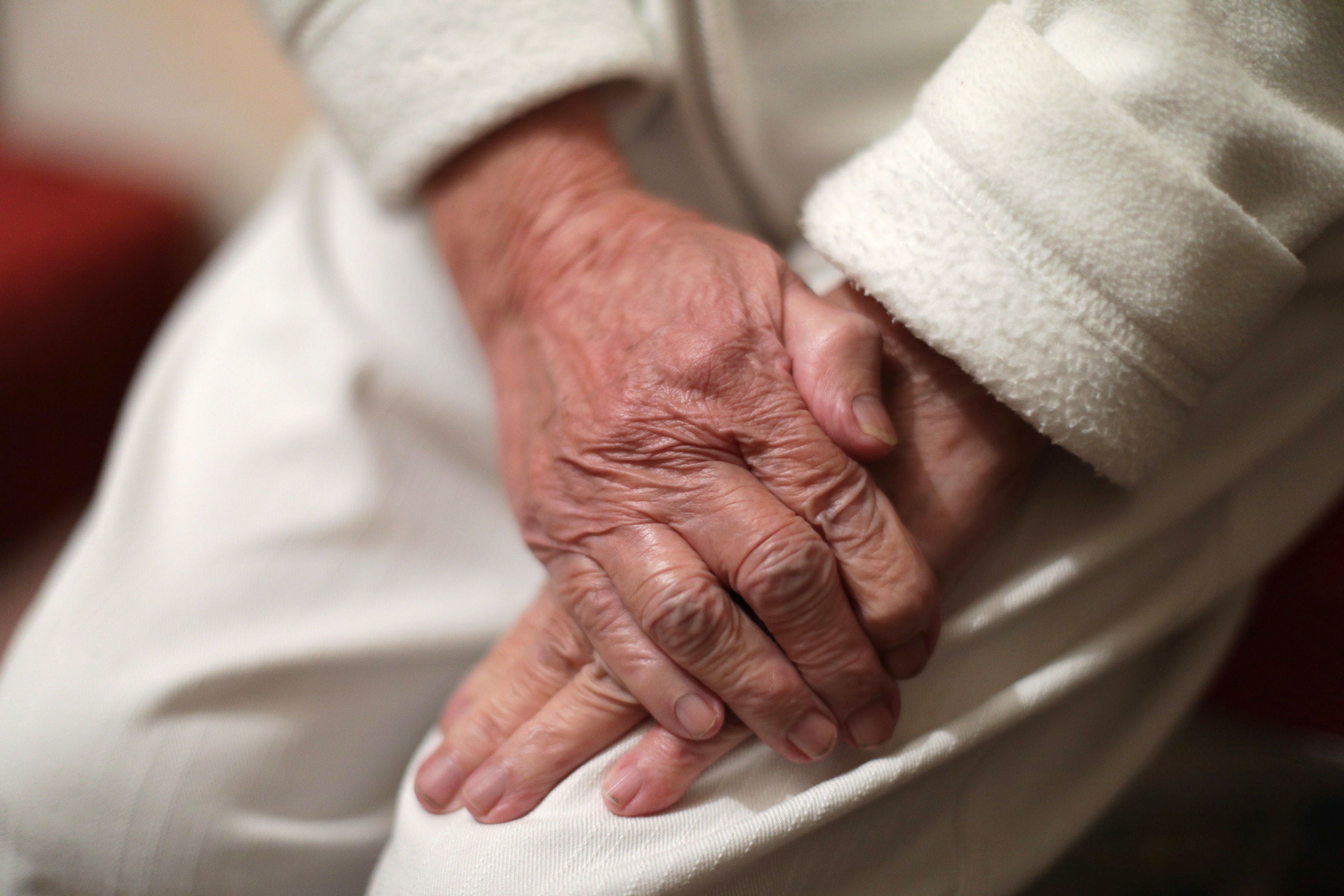The rise in human life expectancy is finally slowing down
There may be more immediate potential in improving quality of life at older ages instead of extending life, scientists say

Your support helps us to tell the story
From reproductive rights to climate change to Big Tech, The Independent is on the ground when the story is developing. Whether it's investigating the financials of Elon Musk's pro-Trump PAC or producing our latest documentary, 'The A Word', which shines a light on the American women fighting for reproductive rights, we know how important it is to parse out the facts from the messaging.
At such a critical moment in US history, we need reporters on the ground. Your donation allows us to keep sending journalists to speak to both sides of the story.
The Independent is trusted by Americans across the entire political spectrum. And unlike many other quality news outlets, we choose not to lock Americans out of our reporting and analysis with paywalls. We believe quality journalism should be available to everyone, paid for by those who can afford it.
Your support makes all the difference.The rise in human life expectancy may be finally slowing down after nearly doubling over the last century, new research suggests.
Experts now say the emphasis should now shift to extending the number of years people spend in good health.
Over the 19th and 20th centuries, there have been dramatic increases in how long people are expected to live, due to factors such as healthier diets and medical advances.
But experts say the rate of increase has slowed considerably in the last three decades, after nearly doubling over the course of the last hundred years.
There may be more immediate potential in improving quality of life at older ages instead of extending life, the scientists say.
Lead author S Jay Olshansky, of the University of Illinois Chicago School of Public Health in the US, said: “Most people alive today at older ages are living on time that was manufactured by medicine.
“But these medical Band-Aids are producing fewer years of life even though they’re occurring at an accelerated pace, implying that the period of rapid increases in life expectancy is now documented to be over.”
Professor Olshansky added: “That also means extending life expectancy even more by reducing disease could be harmful, if those additional years aren’t healthy years.
“We should now shift our focus to efforts that slow ageing and extend healthspan.”

The study suggests it would be optimistic if 15% of females and 5% of males could live to 100 years old in most countries this century.
This indicates that unless the processes of biological ageing can be markedly slowed, radical human life extension is implausible in this century.
Researchers say that despite breakthroughs in medicine and public health, life expectancy for those in the world’s longest-living populations has only increased by an average of six and a half years since 1990.
The rate falls short of some scientists’ expectations that life expectancy would increase at an accelerated pace in this century and that most people born today will live past 100 years.
Prof Olshansky said: “Our result overturns the conventional wisdom that the natural longevity endowment for our species is somewhere on the horizon ahead of us — a life expectancy beyond where we are today.
“Instead, it’s behind us — somewhere in the 30- to 60-year range. We’ve now proven that modern medicine is yielding incrementally smaller improvements in longevity even though medical advances are occurring at breakneck speed.”
The findings, reported in Nature Ageing, support the idea that life expectancy gains will continue to slow as more people become exposed to the downsides of ageing.
The study looked at data from the nine regions with the highest current life expectancies – Hong Kong, Japan, South Korea, Australia, France, Italy, Switzerland, Sweden, and Spain – to compare with the United States between 1990 and 2019.
They found that rising life expectancy decelerated across the globe and notably declined in the United States.
According to the scientists, their research has important implications for social, health and economic policies.
Join our commenting forum
Join thought-provoking conversations, follow other Independent readers and see their replies
Comments